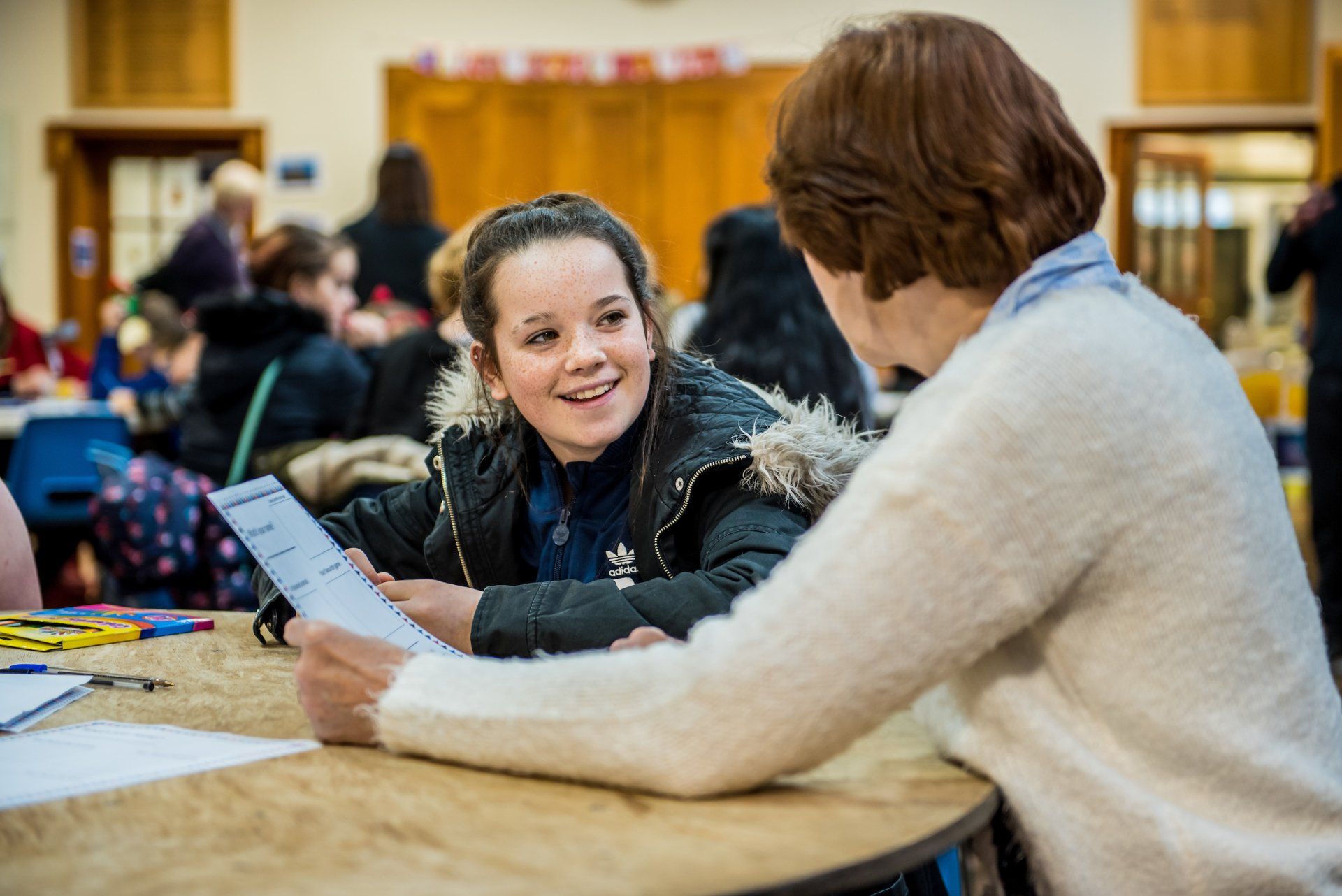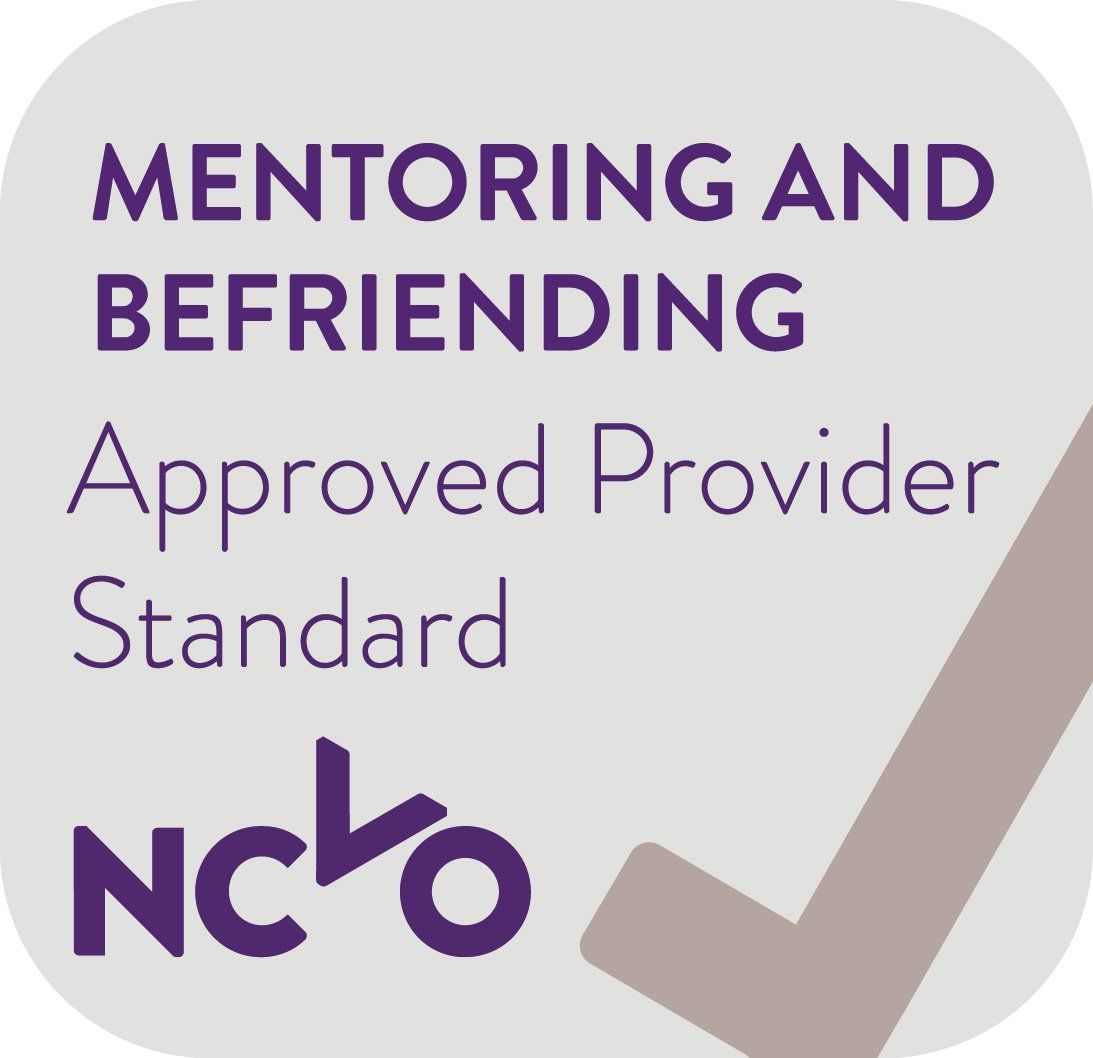What to do if your child is being bullied

It is difficult for any parent to learn that their child is being bullied, the unfortunate truth is, bullying is very common. According to the Office for National Statistics, 1 in 5 children aged 10-15 in England and Wales are bullied.
As a parent/carer, there are many ways that you can support a child who is experiencing bullying, many of which we have suggested below.
Listening is Key
If your child does start to speak with you about their bullying experience, the most important thing to do is listen without getting upset or angry.
Remaining calm will help your child to relax and encourage them to keep talking to you. The information they provide you with will also help you to understand the next appropriate step to take.
Reassurance
Reassurance helps children and young people to remain resilient during difficult times. By providing reassurance, this will help to relieve the pressure and anxiety from the situation.
Role-play
For some children, role-play scenarios can often help them to reflect and gain a clearer understanding of the situation. By role-playing scenarios out, this will provide your child with different strategies to use so that they can better cope and build their resilience levels.
Don’t Let The Situation Dominate
A way to stop these incidents from dominating your child's life is by helping them develop a new skill to occupy their time. Whether they join a sporting club or learn to knit via YouTube tutorials, learning new skills will help to build their confidence so that they can take positive steps forward.
Things To Avoid
If you are really worried about your child, we have a few tips for things to avoid when you find out your child is being bullied:
- Try not to let your emotions run high – this could add stress and anxiety to the situation and your child
- Do not dismiss their experience – this could teach them to tolerate bullying
Getting School Involved
All schools across the UK legally have an anti-bullying policy in place.
Our top tips when getting your child’s school involved is:
- Before going into the school, list all the facts around the situation
- Make sure to make an appointment with the senior member of staff
- Try to not accuse the school – usually, they are the last group within the scenario to find out
- Be patient, allow the school to deal with the situation in the best way possible
What should I do if things do not improve
From the start, try to keep a diary, including writing down every incident when it happens, the details surrounding it and who your child may have spoken to about it. Maintaining communication with the school is important whether the bullying is taking place within the classroom environment or not. Bullying is likely to affect a child's concentration levels at school, so keeping them up-to-date on the existing challenges will ensure they can provide reasonable support. Remember, your child’s school has a variety of techniques to deal with bullying. So be patient as bullying isn’t acceptable, no matter the circumstances.













